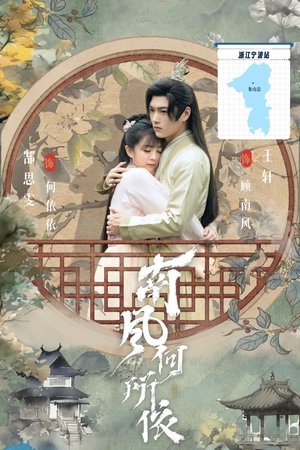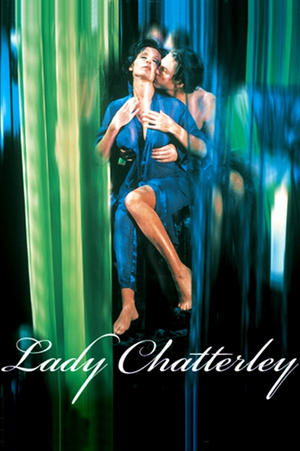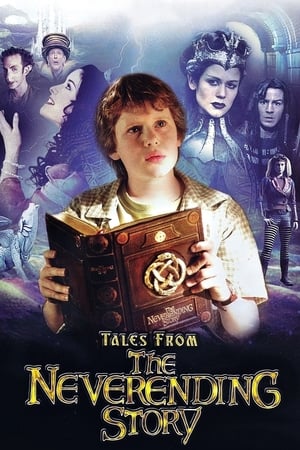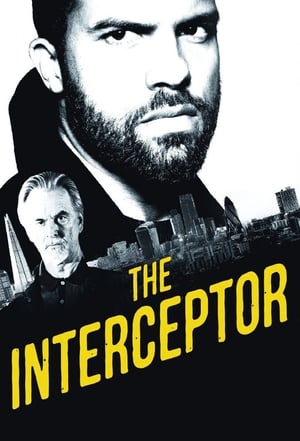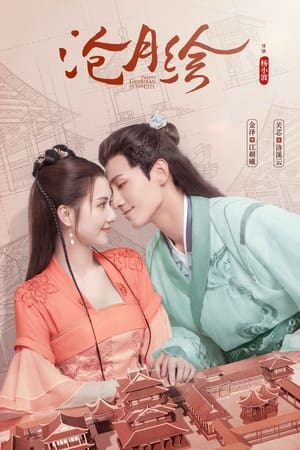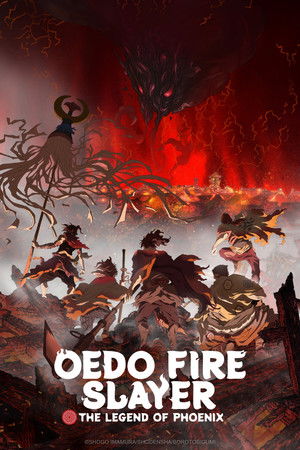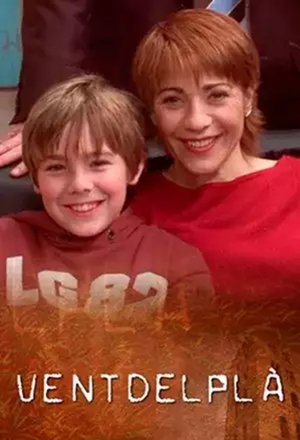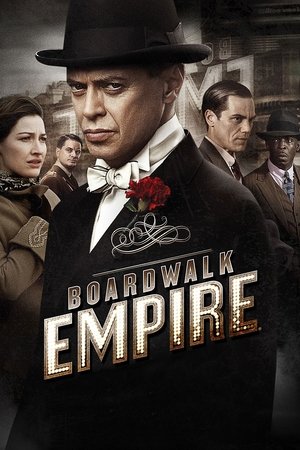Overview
Set in England in the early 19th century, Pride and Prejudice tells the story of Mr and Mrs Bennet's five unmarried daughters after the rich and eligible Mr Bingley and his status-conscious friend, Mr Darcy, have moved into their neighbourhood. While Bingley takes an immediate liking to the eldest Bennet daughter, Jane, Darcy has difficulty adapting to local society and repeatedly clashes with the second-eldest Bennet daughter, Elizabeth.
Reviews
I decided to watch this mini-series again after seeing the later movie version, which caused me to realized that maybe I enjoyed that version more. In my memory, I originally had recalled I liked this movie version more.
And watching this series confirmed that I do like the Keira Knightly movie adaptation more, but only slightly and not to take anything away from this, an excellent series in itself. I will leave it to that prior review to reveal what those small reasons were.
The ensemble cast performs uniformly brilliantly with hardly a misstep. David Barber is an appropriately obsequious Mr. Collins, and Alison Steadman puts in an equally appropriate and cringeworthy performance as the shrill, hysterical and gauche Mrs. Benett. The writing is also mostly very good.
There were a few oddities for me. For example, I am not sure how people drew the conclusion that Jane is demonstrably more beautiful than Elizabeth. I saw no such drop off in looks. For that matter, why on earth were people saying that the cute redhead Mary King was homely? Were redheads devil children or something? But never mind.
I read somewhere that the director of the later movie version set his piece about 20 years before this series was set, to avoid the style of high-waisted dresses. I have to agree with him. These dresses look odd and homely too me, almost like shapeless tube socks rather than high fashion.
Finally, though I have always liked Colin Firth in everything since Circle of Friends, I think the script and/or direction might have overdone it slightly with his constant scowling through the first two episodes. I know it is to make a point of his proud and aloof nature, but later when the housekeeper at his mansion says she has never heard a negative word about him, it made me wonder: how did all of his family, friends and acquaintances avoid seeing that death-scowl of his for all those years?
But that was a minor distraction. Although I like the later movie version slightly better as it turns out, I still enjoy this series and am keeping my DVD copy of it.
Oh, and as a side note, if you have trouble finding the 2005 movie version, you need to search with the dreaded ampersand — Pride & Prejudice —
(“&” not “and”). Go figure.
**Look no further, in film or TV: this is, so far, the best adaptation of "Pride and Prejudice".**
Whenever a film or television production decides to make a period production, it will always have two major challenges ahead. The first is, obviously, the result of any and all production. The second is the recreation of the historical period, not only in objects, clothes and environments, but mainly in the manners, mentality and habits of those people, of that time, of that culture. That's what historical consultancies are for, and it's an effort that should never be overlooked.
This miniseries was very successful in all these efforts, and for me, it constitutes the best and most reliable audiovisual adaptation of Jane Austen's masterpiece, a narrative that even those who have never read the original book know perfectly, and which must be one of the most widespread novels in English literature. It is the adaptation where, in addition to having the correct settings and the correct costumes for the time and context, we also have the behaviors and mannerisms that those people, in fact, would have had if they had really existed. And besides, we have an enormous respect and consideration for the written work.
There are several actors who deserve frankly positive attention here: despite being incredibly annoying with her high voice and her tantrums, Alison Steadman gave the Bennet family matriarch a genuine motherly sweetness and affection. Benjamin Whitrow was also very happy in his portrayal of Mr. Bennet, with his more moderate and compromising posture. Jennifer Ehle is very good in the lead role, and Colin Firth is Darcy par excellence (it is no coincidence that the role marked his career so deeply). There are still good supporting performances, coming mainly from Anna Chancellor, Julia Sawalha and Barbara Leigh-Hunt.
Divided into six episodes of about an hour, the series makes good use of the written material and gives the various events the right time to develop. The direction, ensured by Simon Langton, was quite happy with the way he organized all of this, and gave the right pace to the series, without giving in to the temptation to lengthen things excessively in favor of two or three more episodes. The sets, props and costumes couldn't be better or more appropriate than they are, the recreation of the era is really impeccable. The soundtrack is good, although I didn't particularly like the opening theme.

 English
English
 8.2
8.2
 1995
1995
 Canada
Canada
 Peter McGinn wrote:
Peter McGinn wrote:
